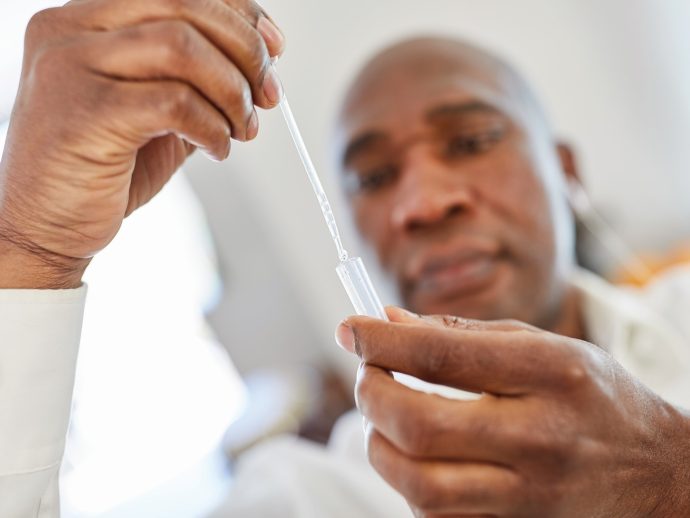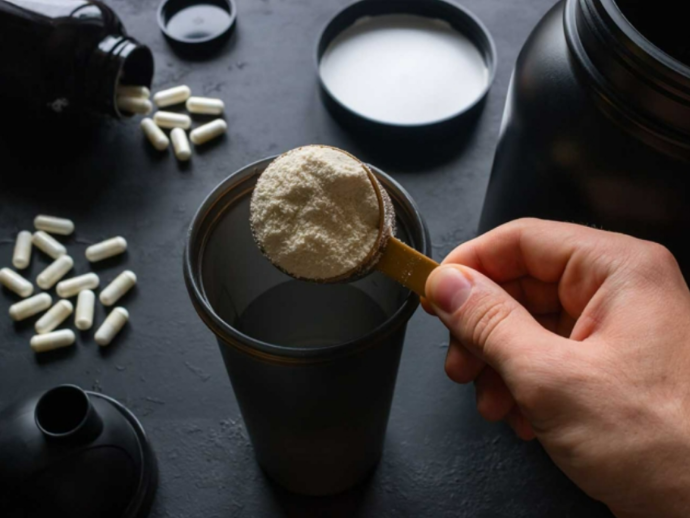
Why are some people healthier than others? Yes, your genes play a big role. But there are other determinants of health that have nothing to do with your genetic makeup. Where you live, how you’re educated, and other societal influences are all important factors in our health. Find out more.
Two hypothetical kids
There are significant implications for advantage and disadvantage related to social determinants of health. Look at socioeconomic position, for example: a child born into a higher tax bracket is much more likely to be in a higher tax bracket when they’re older.
Let’s take a look at the life course trajectories of two hypothetical kids. Joe is born into an affluent neighborhood, while John lives in subsidized housing with his six siblings in a single parent home.
Joe’s parents are able to afford organic produce, put Joe into private school, and drive him to and from his various sporting activities throughout his childhood. As a result, Joe gets an excellent education that allows him to attend university, secure a job in a top tax bracket, and enjoy an active social life.
John’s father works double shifts to make ends meet, but the only apartment he can afford has a black mold problem that has given John respiratory issues for years. John’s school is oversubscribed, and he’s falling behind because of sick days. To support the family, John takes a construction job and eventually drops out of high school. Years of manual labor and poor self-care have taken their toll on John, and he lives with chronic pain.
You can imagine that two very different states of health and well-being are being experienced by Joe and John in later life. These differences may not necessarily be due to differences in the individuals, but in the broader social and economic circumstances in which they find themselves.
What next?
To address systemic issues such as the negative impact of social determinants of health, we must look to addressing modifiable aspects of lifestyle at the individual level and systemic inequities at the population level.
Your DNA is not your destiny
Although there are many social determinants of health that you can’t control, focus on the ones that you can control, such as diet, exercise, and social connections.
- Pack yourself a healthy lunch.
- Go for an evening walk with your partner.
- Plan a family gathering.
When you need nutritional help, chat with your health care practitioner. They may recommend certain supplements, such as the following.
Nutritional helper |
Benefits |
| vitamin C | immune health, wound healing, bone health, antioxidant protection |
| vitamin D | bone health maintenance, decreased risk of cancer mortality, mood stabilization |
| vitamin B6 | red blood cell formation, brain processes and development, immune function, and steroid hormone activity |
| vitamin B12 | brain support, red blood cell genesis support, energy booster |
| magnesium | muscle repair, neuromuscular facilitation, blood sugar control |
| zinc | sleep support, digestive support, reproductive organ support |
By Theodore D. Cosco, PhD






